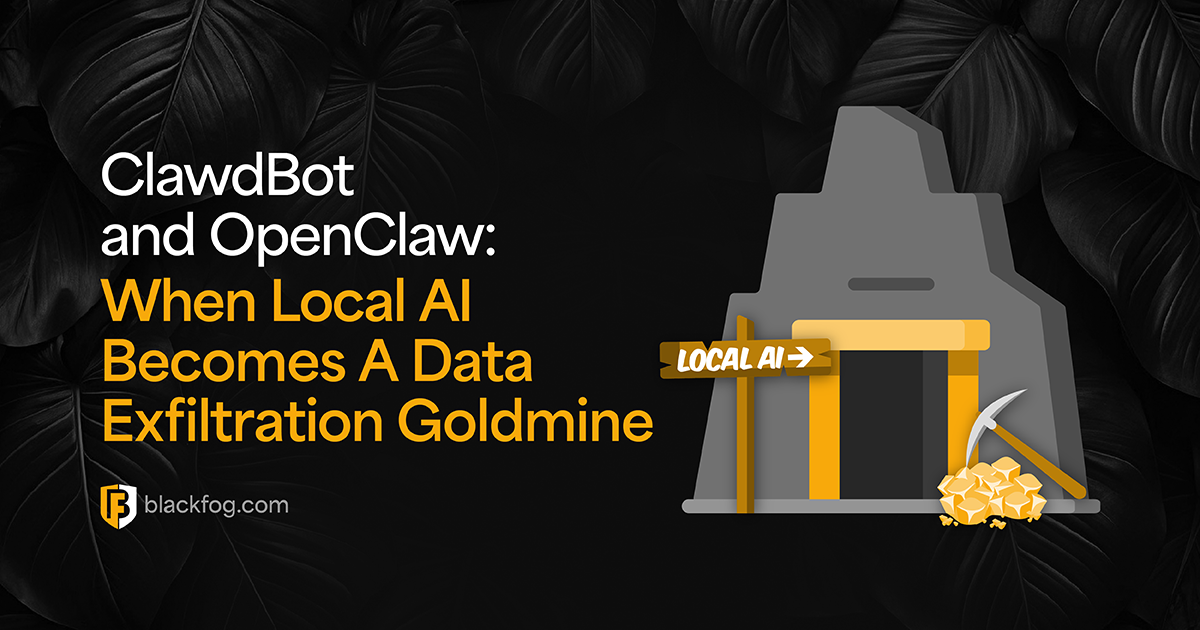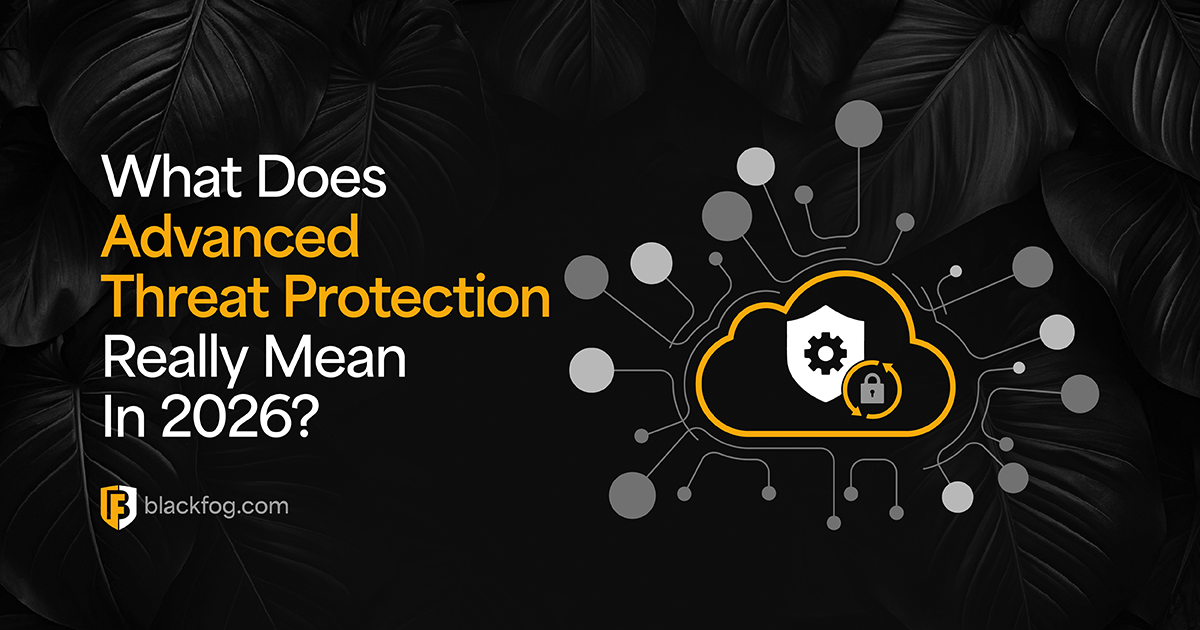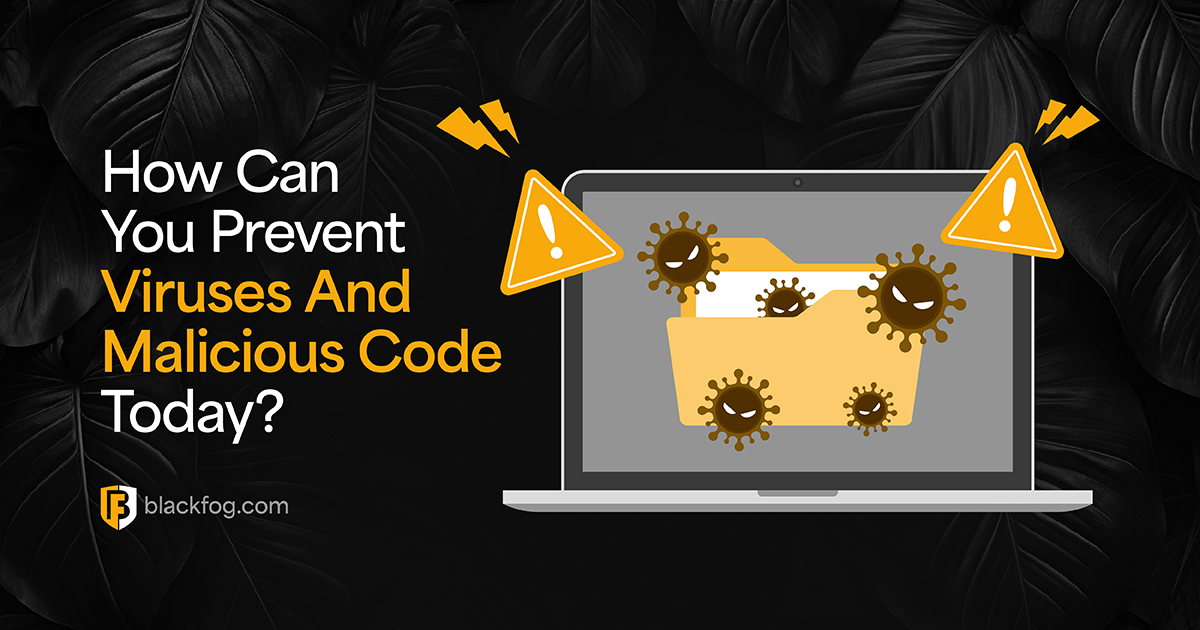
Privacy Getting Attention
2019 was a big year for privacy as several major scandals kept the topic firmly in the spotlight, and in the minds of corporations and consumers alike. On a positive note we saw Google announce it’s privacy hub in Munich and Facebook shift its emphasis to a more private platform, but on the flipside we learned that Google Nest had hidden microphones installed, our smart speakers were listening in on our private conversations and many popular iPhone apps were secretly recording our screens. So, whilst it’s positive to see big tech giants addressing the issues around privacy, it’s clear we still have a long way to go.
Tech giants like Google, Apple and Facebook are taking privacy more seriously and are slowly moving in the right direction, but we can’t ignore the fact that these are the same companies that created a billion-dollar industry by exploiting our data. It is unlikely some of these giants will stop collecting user data since the basis of their business model is to sell advertising and monetize user data.
Preventing Data Exfiltration
The good news is that consumers are increasingly aware they are actually the product and are no longer willing to tolerate the misuse of their data. This is forcing companies to consider data privacy in the same way they consider security. But what can we as individuals do to protect our privacy while we wait for big tech to catch up?
Technology is entrenched in our daily lives and our mobiles know more about us then we’d like to believe. As we rely on Google maps to get us where we are going, mobile wallets to purchase everyday items, and activity trackers to monitor our health, it’s critical that we are more proactive when it comes to protecting these devices.
Every day we sacrifice our data privacy just to use technology. Knowingly sacrificing data is one thing, but what about the unauthorized data that is constantly being exfiltrated from our devices?
Data Collection
Almost every seemingly innocent application or website we visit, including Facebook and its sister social platforms, collects some form of data about our identity and how we use and consume information. This information allows hackers to profile us, and in many cases, steal private data from our devices.
To effectively protect our privacy and prevent hackers from stealing our data it’s critical that what’s on our device stays on our device, and this can only be done by blocking the exfiltration of data.
BlackFog offers protection from this unknown and unwanted data collection and identity profiling. By monitoring the collection of any personally identifiable data in real-time and stopping the outbound data flow, BlackFog ensures that no unauthorized data ever leaves your device. If the inevitable happens and hackers find their way in, BlackFog will prevent them from removing your data.
Share This Story, Choose Your Platform!
Related Posts
Steaelite RAT Enables Double Extortion Attacks from a Single Panel
Steaelite is a newly emerging RAT that unifies credential theft, data exfiltration, and ransomware in a single web panel, accelerating double extortion attacks.
ClawdBot and OpenClaw: When Local AI Becomes A Data Exfiltration Goldmine
ClawdBot stores API keys, chat histories, and user memories in plaintext files, and infostealers like RedLine, Lumma, and Vidar are already targeting it.
West Harlem Group Assistance Stops Ransomware and Cryptojacking with BlackFog ADX
West Harlem Group Assistance secures its community mission by preventing ransomware and cryptojacking with BlackFog ADX.
Why Traditional Security Fails To Deal With Advanced Persistent Threats
Learn why advanced persistent threats remain a growing cybersecurity risk in 2026 and where organizations must focus to address them.
What Does Advanced Threat Protection Really Mean In 2026?
Find out why businesses need advanced threat protection to cope with the new era of sophisticated, persistent cyber risks.
How Can You Prevent Viruses And Malicious Code Today?
Preventing viruses and malicious code is harder than ever in a landscape where APTs are a growing threat. Here's what you need to know to stay safe.






